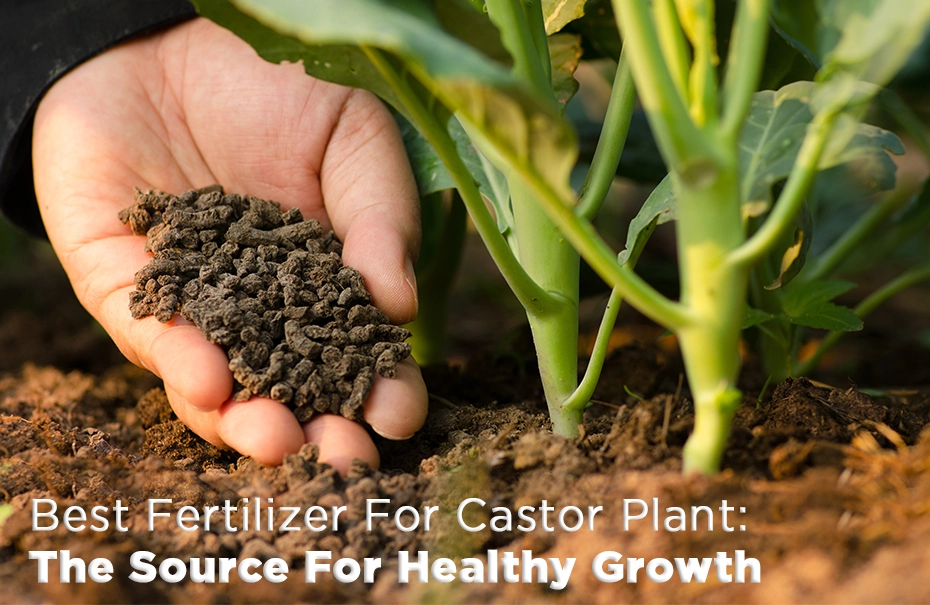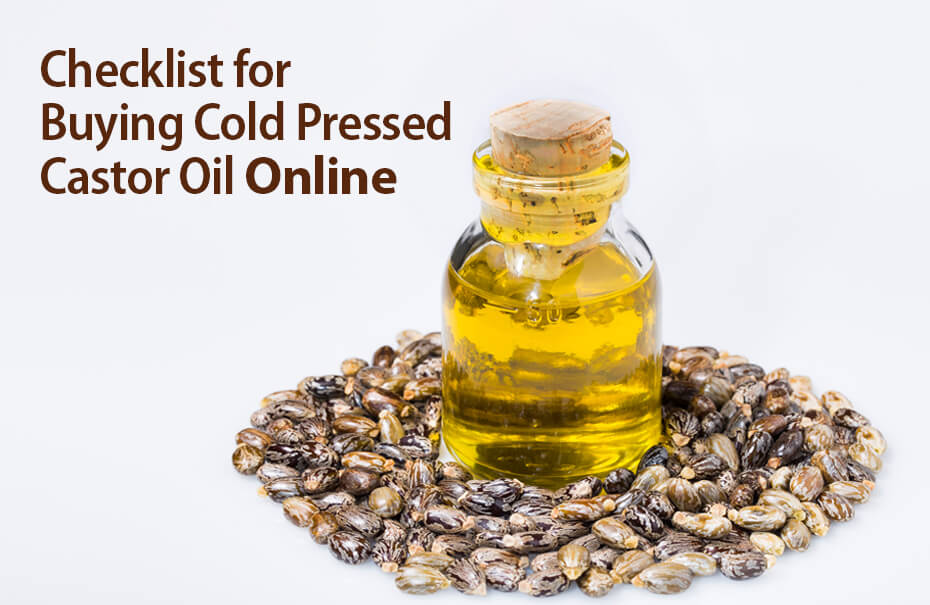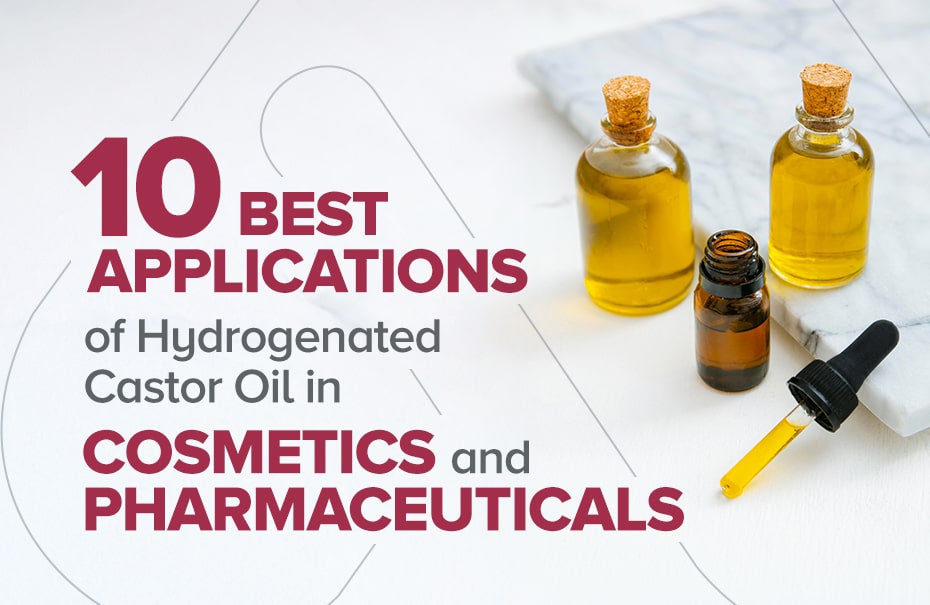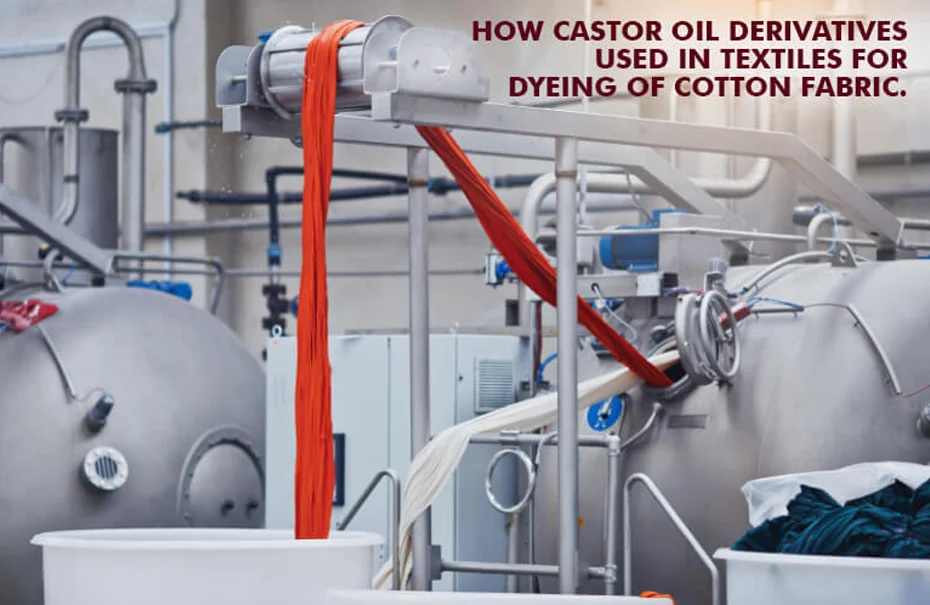Best Fertilizer For Castor Plant: The Source For Healthy Growth

Fertilizers are food for the soil and the plant, and the requirements for each; vary depending on the nature of the plant. Castor, botanically known as Ricinus communis, although grows well on a wide variety and soil types, needs a specific fertilizer to improve its growth and productiveness. Want to know which one it is? Let’s scroll and learn more about it.
Fertilizers: Types and Why To Use Them?
Any material, organic or inorganic, natural or synthetic, that supplies essential nutrients to the plant when added to the soil to increase its fertility and improve plant growth is called a Fertilizer. Now, they are classified into two major forms – Organic Fertilizers and Inorganic Fertilizers.
Organic Fertilizers
Remains of living or formerly living materials can be described as organic fertilizer. Meaning, any kind of natural or organic wastes or remains such as – animal manure, human manure, harvested minerals, crop rotations, and byproducts of human-nature industries (i.e. fish processing waste, treated sewage sludge (biosolids), or blood meal, bone meal, feather meal, hides, horns, hoofs from animal slaughter) are considered to be an excellent source of nutrients for plants as they are free from any kind of chemicals and additives. Organic fertilizers enrich the soil with carbonic compounds essential for plant growth as well as increase the organic matter content of the soil, which promotes the reproduction of microorganisms, and changes the physical and chemical properties of the soil.
Also Read: Meet The All-rounder – Castor Bean Plant
Inorganic Fertilizers
Artificially produced fertilizers containing minerals or synthetic chemicals are called inorganic or synthetic fertilizers. They provide essential nutrients to the plants the instant they are applied to the soil. Inorganic fertilizers come in various blends and combinations and are used according to the plant requirements. However, the three main components in it are – Nitrogen, Phosphorous, and Potassium which are popularly known as NPK fertilizer.
Now, they are either used as a single nutrient (e.g., K, P, or N), in which case they are classified as “straight fertilizers” or are used in binary form i.e. Multinutrient fertilizers” or “complex fertilizers” providing two or more nutrients, for example (NP, NK, PK) fertilizers. Each component in it has a specific purpose understanding which they are added to the plants like:
Nitrogen is a nutrient responsible for plant growth and reproduction. It is the main constituent of chlorophyll that maintains a balance in the process of photosynthesis. Usually supplied in three forms, ammonia, nitrate, and urea, nitrogen fertilizers prove to be the best during the middle stages of a plant’s lifespan, when it needs encouragement to continue to grow large and stem new leaves.
Phosphorus on the other hand is a nutrient that plants need continuously throughout their life cycles. They are commercially available in many forms and they contribute to plant growth by strengthening the root system and stems of a plant and converting other nutrients into usable building blocks which leads to improved flowering, seeding, and fruiting.
Potassium, the third key nutrient, helps a plant grow deeper with stronger roots. They act as guardians of plants who help protect them from any kind of harm when they are deprived of other nutrients as well as strengthen the plants’ abilities to resist diseases.
Best Fertilizer for Castor Cultivation
Although as said before, all fertilizers are necessary for plant growth and each nutrient has its own advantages, for castor plants undoubtedly organic fertilizers prove to be the best. A well-rotted organic compost along with equal parts of soil, perlite, and peat make a perfect fertilizer for growing castor beans. A layer of an inch of aged manure or compost must be spread once a month around the base of the plant when the buds begin to emerge.
Also Read: Challenges and Opportunities in Castor Cultivation
Why Go Organic?
No doubt chemical fertilizers give instant results by helping in the faster development of roots and the formation of seeds in the plants compared to organic fertilizers but, there are some disadvantages of it which can harm plants instead of doing good if used without appropriate knowledge.
What we mean to say is that excessive use of inorganic fertilizers can damage the plant and reduce soil fertility as well as can reduce the microbial activity of the plant and disturb the pH of the soil in the long run. Not only that, they are expensive and the chemicals in them are toxic to the skin and respiratory system and can also cause eutrophication (the process by which water becomes enriched in dissolved nutrients (such as phosphates) that stimulate the growth of aquatic plant life usually resulting in the depletion of dissolved oxygen) in the rivers if leaching occurs.
Organic fertilizers, on the other hand, maybe slower in boosting the growth of plants but they do increase the crop yield and provide additional nutrients to the plants as well as improve the texture and fertility of the soil.
In a nutshell
Not just for the plant but for the environment as well, organic fertilizers or biofertilizers is, was, and always will be the best as the constant use of chemical fertilizers is adversely affecting soil fertility, polluting the land and water bodies, and is causing toxicity in minor amounts in animals and humans which is indeed an alarming situation and must be avoided as much as possible.
This is why many castor oil manufacturers in India like us Ambuja Solvex, use organically grown castor seeds for producing chemical-free, 100% pure castor oil, that is safe for both mankind and the environment by all means.



